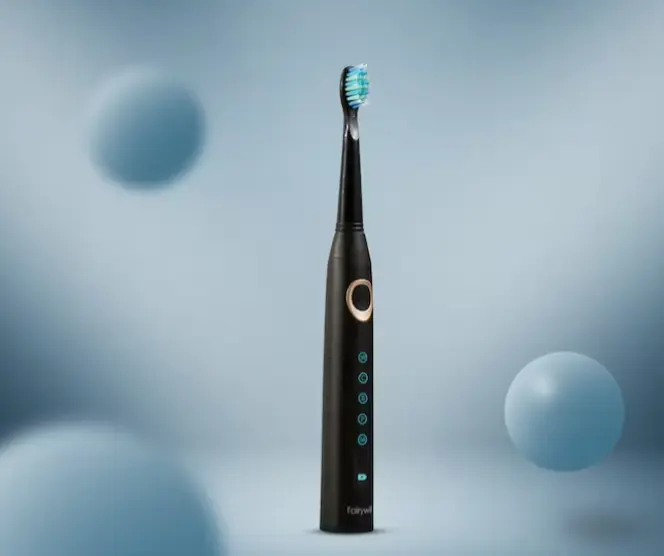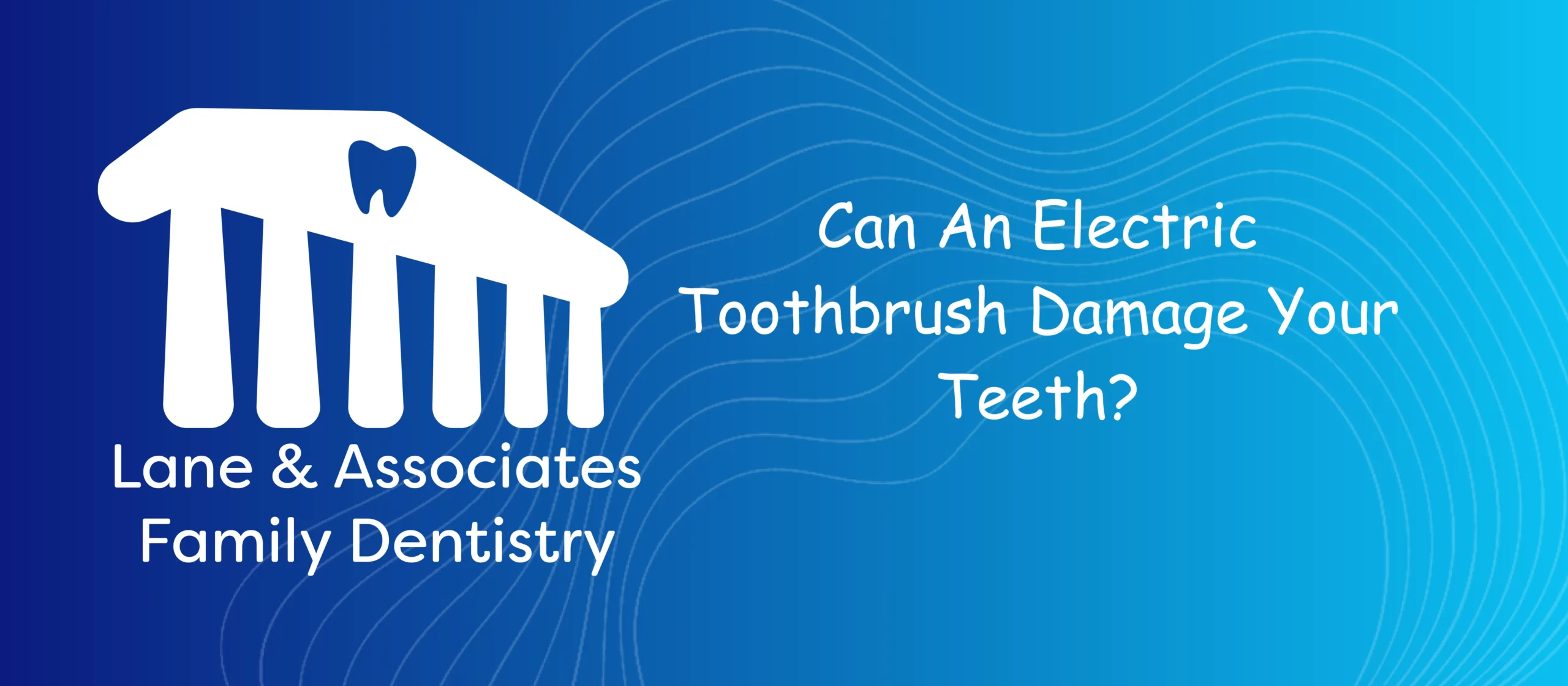An electric toothbrush, when used correctly, is generally considered safe and effective for maintaining oral hygiene. However, if used improperly or with excessive force, it could potentially damage your teeth and gums. Vigorous brushing or pressing too hard against your teeth can lead to enamel erosion, gum recession, and tooth sensitivity. It is crucial to follow proper brushing techniques, such as using light pressure, angling the brush head correctly, and allowing the electric toothbrush to do the work without applying excessive force. Regularly replacing worn-out brush heads and consulting with a dentist for personalized advice can further ensure optimal oral health while using an electric toothbrush.

Can You Damage Your Gums With an Electric Toothbrush?
When used improperly, an electric toothbrush has the potential to damage your gums. It’s important to exercise caution and avoid applying excessive pressure while brushing. Forceful brushing can lead to gum irritation, inflammation, and even cause damage to the delicate gum tissue. Additionally, using a brush head that is too large or too stiff can also contribute to gum abrasion. To prevent gum damage, it is advisable to choose a soft or extra-soft brush head, use gentle circular motions, and allow the bristles to do the work without exerting excessive force. Regular check-ups with a dentist or dental hygienist can provide guidance on proper brushing technique and ensure the health and well-being of your gums.
What Does Over Brushing Look Like?
Over brushing, also known as toothbrush abrasion, occurs when you brush your teeth too aggressively or for an extended period of time. Here are some signs and indicators of over brushing:
- Receding gums: Over brushing can cause your gums to recede, making your teeth appear longer than usual.
- Tooth sensitivity: Aggressive brushing can wear away the protective enamel, leading to increased sensitivity to hot, cold, or sweet stimuli.
- Gum irritation and bleeding: Brushing too hard can result in irritated and bleeding gums.
- Toothbrush bristle wear: Excessive brushing can cause the bristles of your toothbrush to fray and bend more quickly than usual.
- Thinning enamel: Over time, vigorous brushing can wear down the enamel, leading to thinner and weaker teeth.
- Toothbrush abrasion notches: Characteristic notches or indentations can appear near the gum line due to excessive pressure during brushing.
It’s important to maintain a balanced approach to brushing, using gentle pressure and a soft-bristled brush to protect your teeth and gums from the potential harm of over brushing.
Can You Use an Electric Toothbrush Everyday?
Absolutely! Using an electric toothbrush every day is generally recommended and can be beneficial for maintaining good oral hygiene. The consistent use of an electric toothbrush helps remove plaque effectively, reaches difficult-to-reach areas, and promotes better overall cleaning compared to manual brushing. However, it is crucial to use the electric toothbrush correctly, with a gentle technique and the appropriate brush head for your needs.
Conclusion
In conclusion, electric toothbrushes can be a valuable tool for maintaining oral hygiene when used correctly. While they generally offer effective plaque removal and reach areas that manual brushing may miss, it is important to be mindful of proper technique and avoid excessive pressure. Vigorous brushing or overuse can potentially lead to damage such as gum irritation, enamel erosion, and tooth sensitivity. By following recommended guidelines, using a gentle touch, and seeking guidance from dental professionals, you can enjoy the benefits of an electric toothbrush while safeguarding your teeth and gums.


